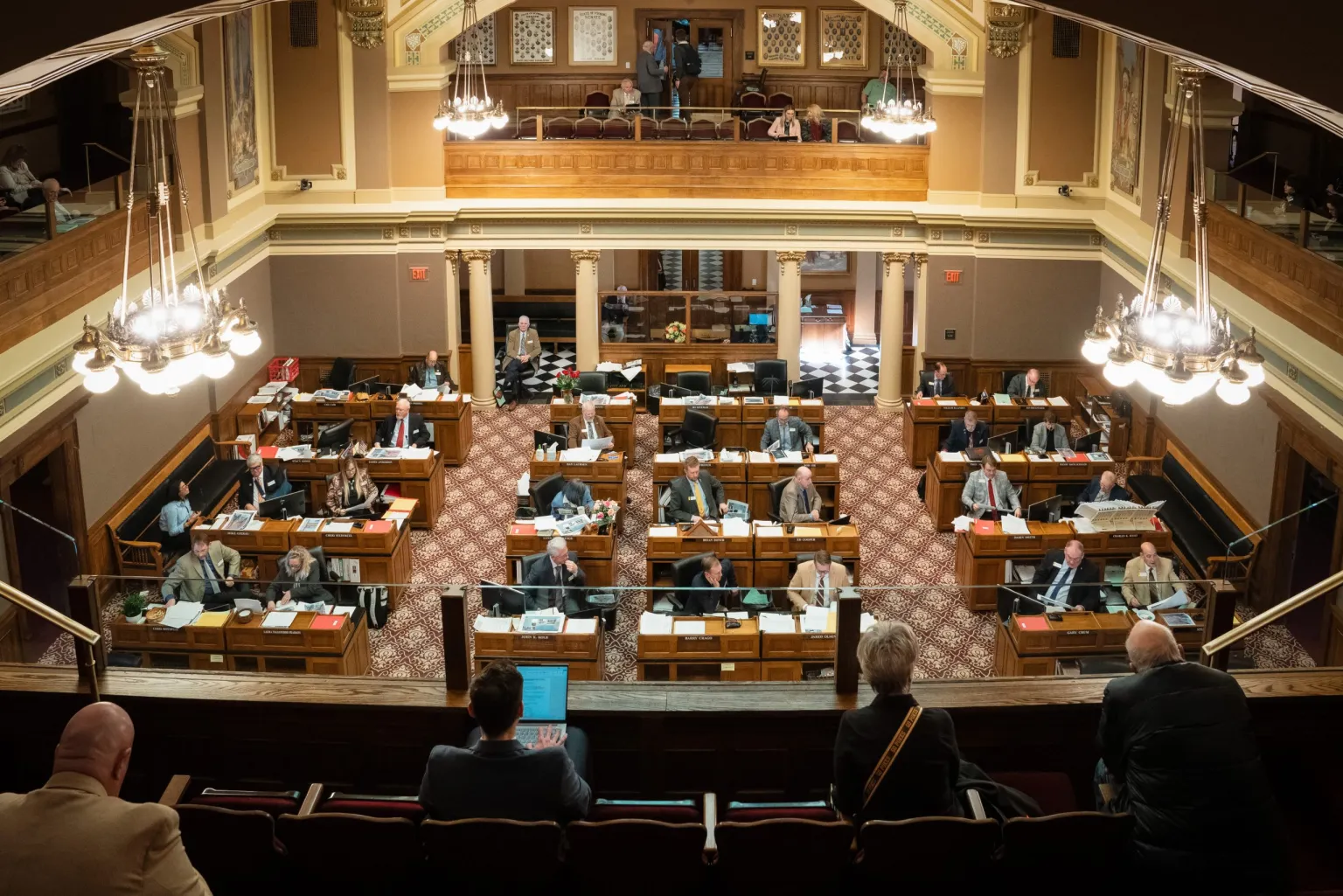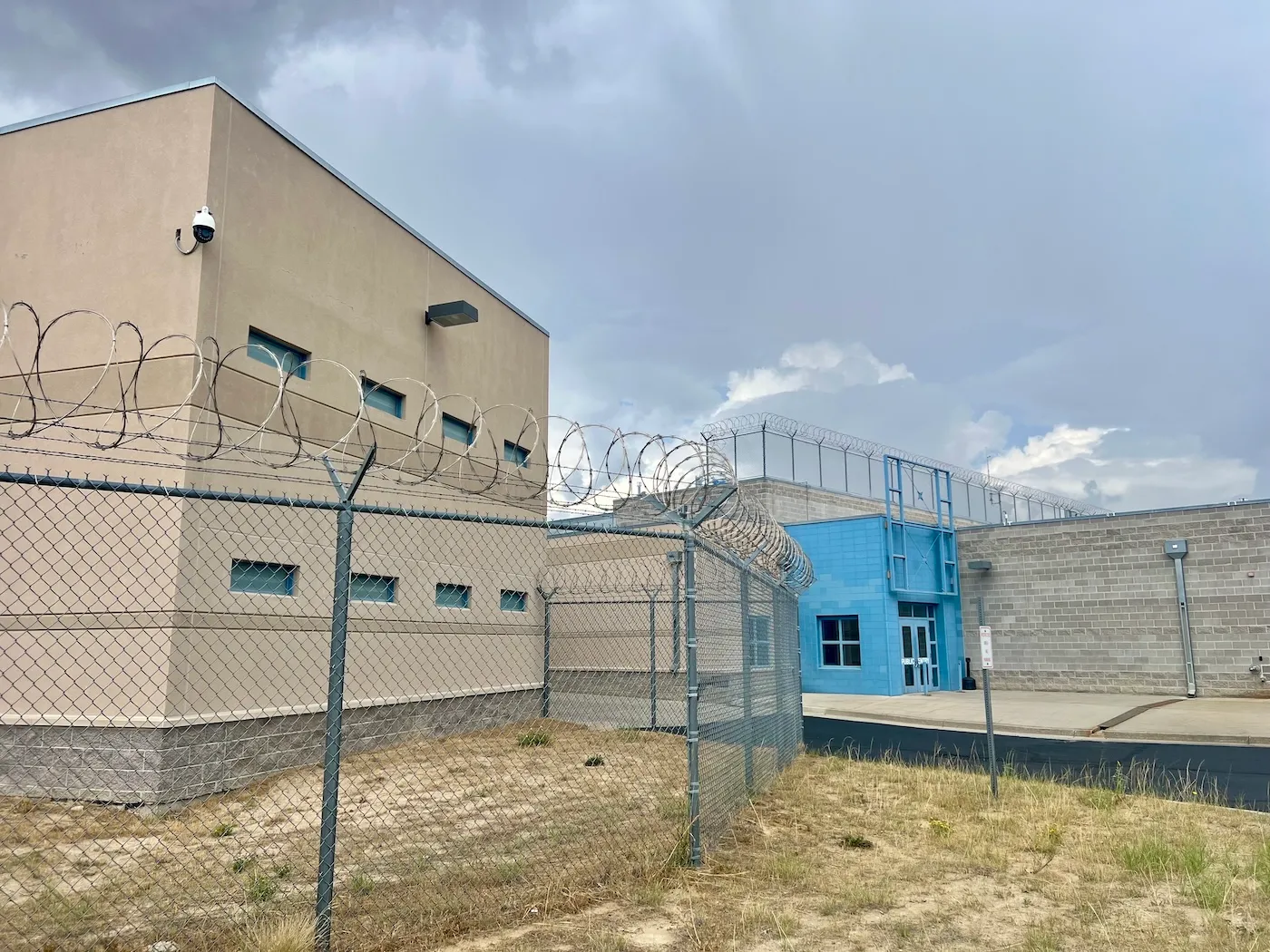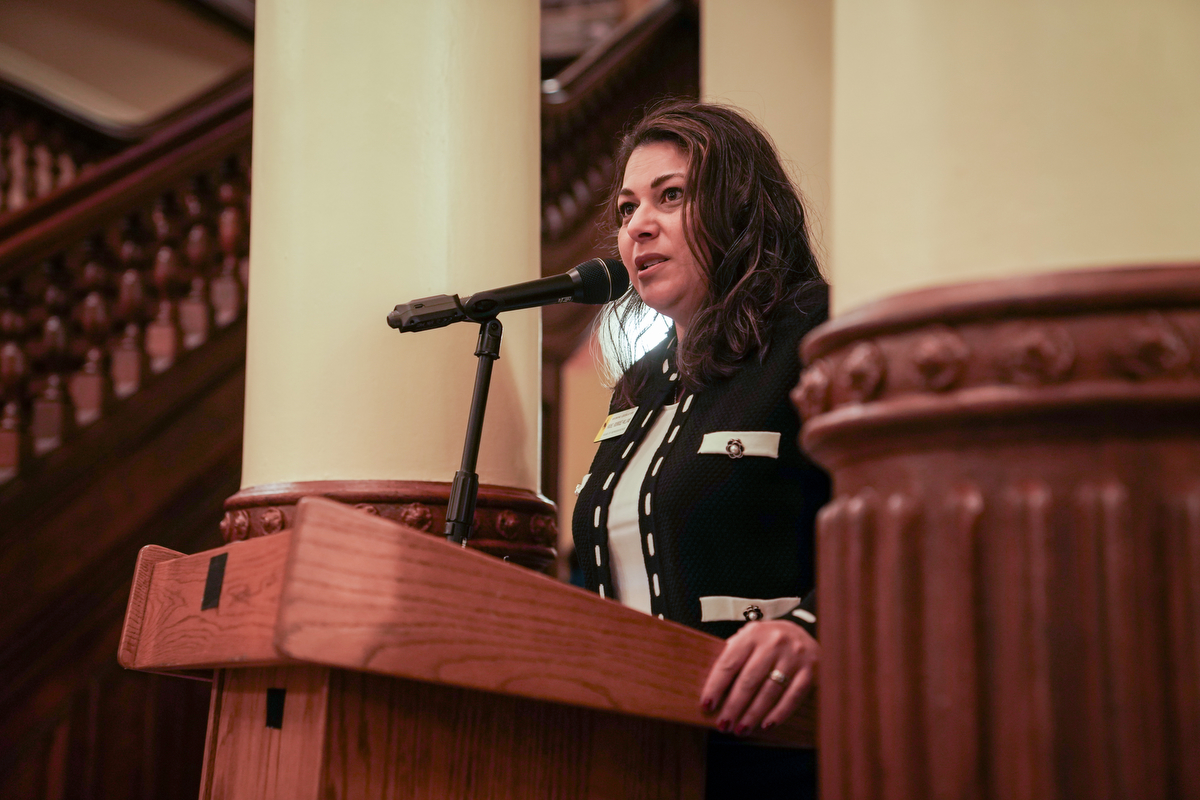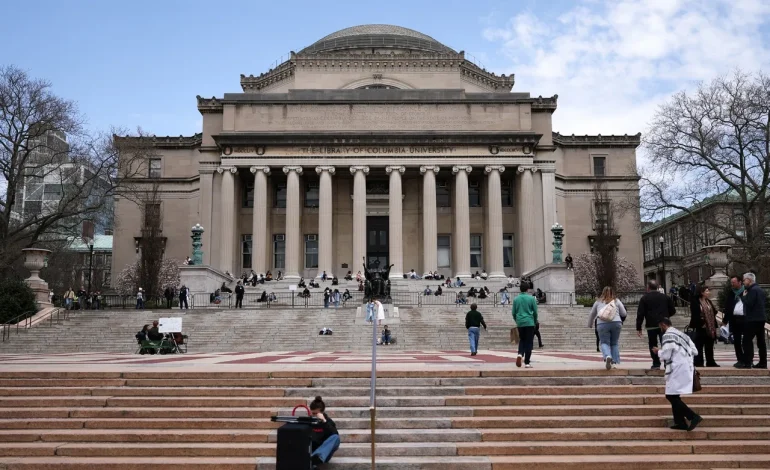Columbia University announced Tuesday it will lay off 180 staff members working on research projects affected by the federal government’s withdrawal of funding, marking a significant contraction of the university’s research operations, as per Bloomberg.
The cuts represent roughly 20% of personnel whose work was at least partially funded by now-canceled federal grants. University officials cited financial pressure as the driving force behind the decision, noting that Columbia has continued paying salaries and stipends for individuals who were previously supported through federal funds.
“Moving forward, we will be running lighter footprints of research infrastructure in some areas and, in others, maintaining a level of research continuity as we pursue alternate funding sources,” the university said in a statement. “In some cases, schools and departments are winding down activity but remain prepared to reestablish capabilities if support is restored.”
The staffing reductions follow the Trump administration’s cancellation of approximately $400 million in federal grants and contracts to Columbia in March. The administration cited the university’s handling of antisemitism complaints following the October 7 Hamas attack on Israel as a key factor in its decision. The move is part of a broader federal review of elite universities, including Harvard, Northwestern, Cornell, and Princeton, focusing on campus climate, diversity initiatives, and alleged ideological bias.
Columbia, which holds a $15 billion endowment, had been engaged in negotiations with the federal government in an effort to restore funding. As part of those talks, the university agreed to a list of conditions, including prohibiting protesters from wearing masks, expanding the authority of campus security, and creating a new administrative role overseeing departments related to the Middle East, South Asia, and Africa.
However, leadership changes during the negotiations — including the departure of interim president Katrina Armstrong and the appointment of Claire Shipman as trustee co-chair — introduced uncertainty into the process. Shipman has publicly stated that Columbia will not accept any agreement that allows the federal government to influence the university’s academic direction, hiring, or research priorities.
Despite funding cuts, Columbia said it will contribute financial support to graduate students and fellows who were reliant on terminated grants. The university has also established an internal fund that researchers can apply to while seeking alternative funding sources. Additionally, Columbia will implement cost-saving measures including a voluntary retirement program and a freeze on administrative salaries.
Although federal officials previously indicated that Columbia was on track to regain its funding, recent reports suggest the administration is considering a consent decree that would place the university under court supervision. Columbia has rejected those reports, calling them “entirely based on hearsay.”










The latest news in your social feeds
Subscribe to our social media platforms to stay tuned